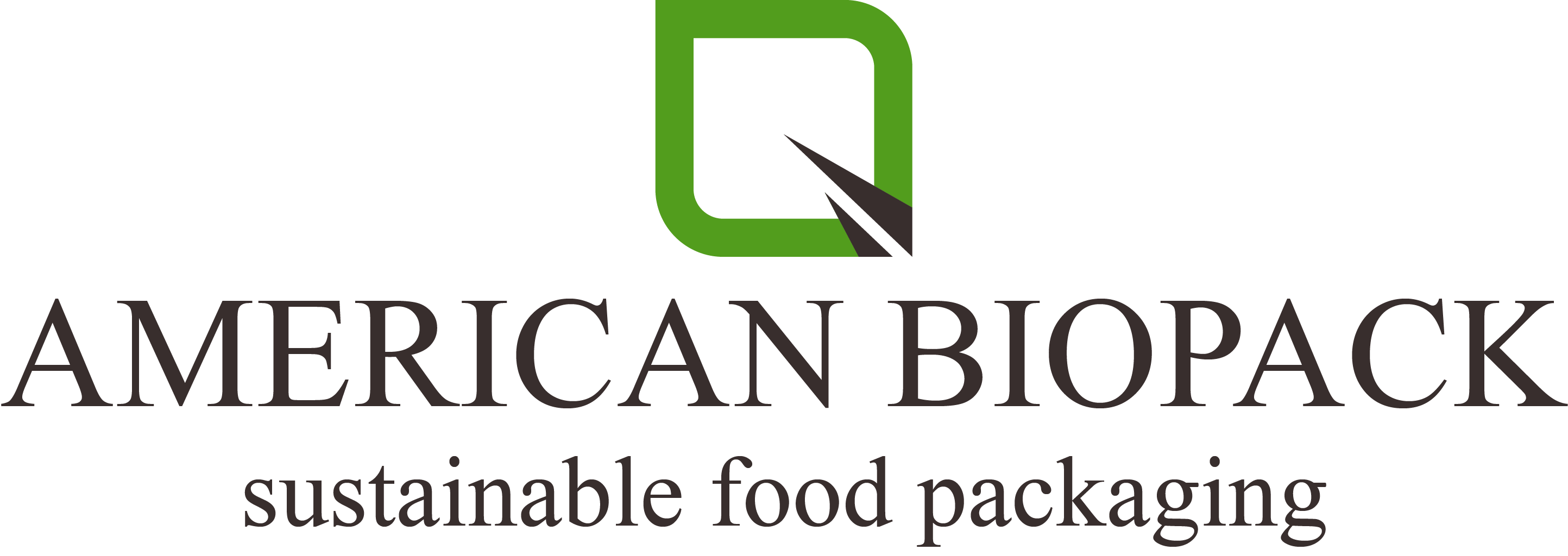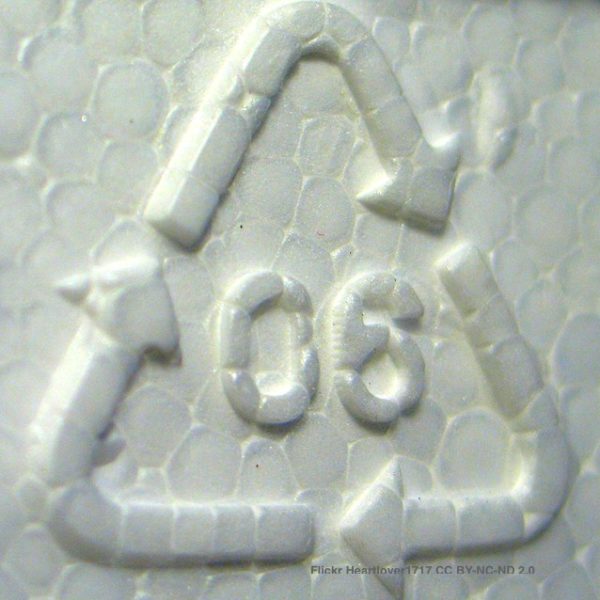Styrofoam Bans are Sweeping Across the Nation
Something amazing is happening around the country: cities and town are starting to ban Styrofoam.
Throwaway polystyrene coffee cups, soup bowls, plates, and trays have gotten the boot. So have those foamy clamshell-style cartons fast food comes in. Even packing peanuts are going the way of the dodo.
Here’s a list of cities that have completely or partially banned Styrofoam, compiled by Groundswell.
- New York City (and several other cities in New York)
- Takoma Park, MD
- Seattle, Washington
- Washington DC
- Miami Beach, FL
- Freeport, Maine
- Portland, Maine
- Nantucket (City & County), Massachusetts
- Minneapolis, Minnesota
- Portland, Oregon (and several other Oregon cities)
- Los Angeles County and San Francisco, California (and many other cities and counties in CA)
And more are in the works. It’s as if a big Styrofoam domino has started to fall, taking all the other dominos down with it.
What’s going on — and how can you get in on the anti-Styrofoam action?
For starters, get the lingo right.
Polystyrene, explains Beachapedia, is a type of plastic manufactured from non-renewable fossil fuels (which is where its connection to climate change comes in) and synthetic chemicals. It usually comes in two forms: “Expanded polystyrene foam (EPS), which is the stuff that’s made into cups, plates, take-out food containers, and packing materials; and “solid polystyrene,” which gets turned into plastic forks, CD and DVD cases, even smoke detector housings.
“Styrofoam” is how most of us generically refer to the EPS material, but it’s actually a term trademarked by the Dow Chemical Company for extruded polystyrene that’s used in thermal insulation and craft applications.
Next, understand why polystyrene is a problem.
Beth Terry, author of My Plastic-Free Life, wrote this terrific guide explaining how producing and using plastic pollutes the air. When it comes to the foamy EPS in particular, here are some other objections to using it:
- It does not biodegrade. It may break into small pieces, even minuscule pieces. But the smaller EPS gets, the harder it is to clean up.
- It is made of fossil fuels and synthetic chemicals. Those chemicals may leach if they come in contact with hot, greasy or acidic food. Yes, they keep your coffee hot – but they may also add an unwanted dose of toxins to your drink.
- Animals sometimes eat it. Turtles and fish seem to mistake EPS for food, and that can kill them. Not only can they not digest it, but the foam could be full of poisons that it has absorbed from contaminants floating in the water.
- It can’t be recycled. Some commercial mailing houses may accept packing peanuts, but for the most part community recycling centers do not accept throwaway foam food containers.
Clean Up Your Own Act
I outline some specific ways to skip the styrene here. You can also…
- Take your own containers to restaurants. I’m certainly as guilty as the next person at forgetting to take a reusable container for my leftovers. And I never seem to get around to telling a take-out restaurant that I’ll be bringing in my own containers for the food. But I’m going to try to make that happen. I already keep my shopping bags in the trunk of my car so I won’t forget them. There’s no reason why I can’t keep some reusable food containers there as well.
- Use a reusable coffee mug. I’ve gotten to the point where I carry a small reusable mug in my purse or backpack as a matter of course. I just won’t order a drink if it is served in EPS foam.
- Avoid packaging that can’t be recycled in your community.
- Choose throwaways made from compostable material. If you do need to use throwaways for a picnic or party, choose those that are made from plant-based substances and can be composted. Encourage the restaurants you frequent to switch to compostable carry-out containers, too.
Set Your Sights on Your City or County Council
You will probably need your city or county council to pass a new law or ordinance if you want to get Styrofoam banned in your community.
The Surfrider Foundation has pulled together this terrific list of polystyrene ordinances state-by-state, listing the cities and counties that have enacted bans.
Some municipalities have banned the use of polystyrene by all stores, restaurants, parks and beaches. Others target food and beverage containers specifically. Some include eating utensils, and others target plastic materials as well.


